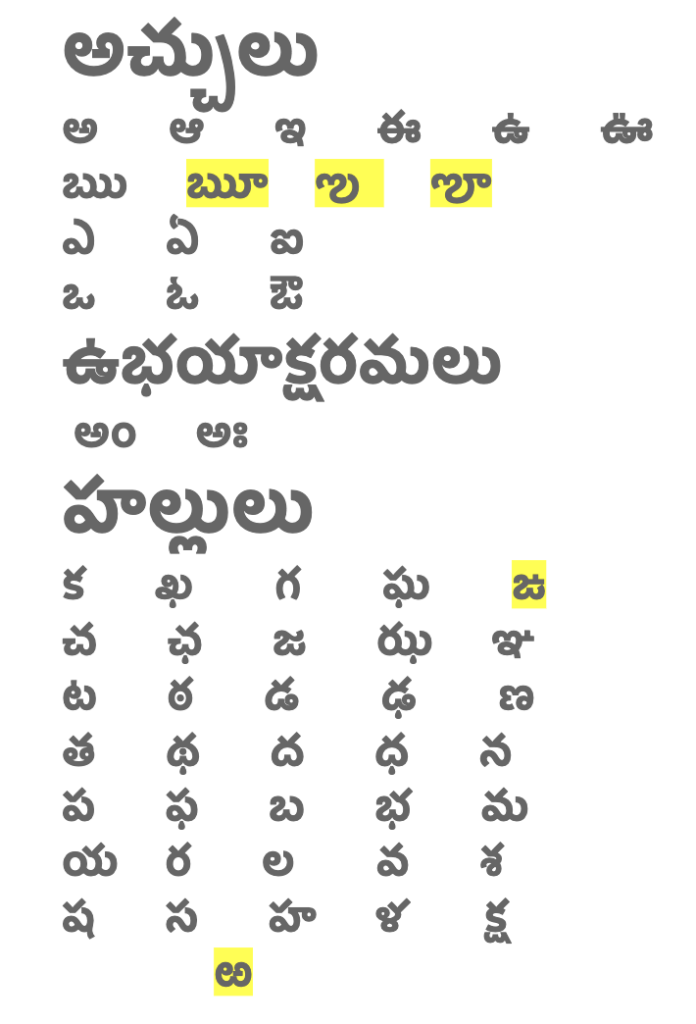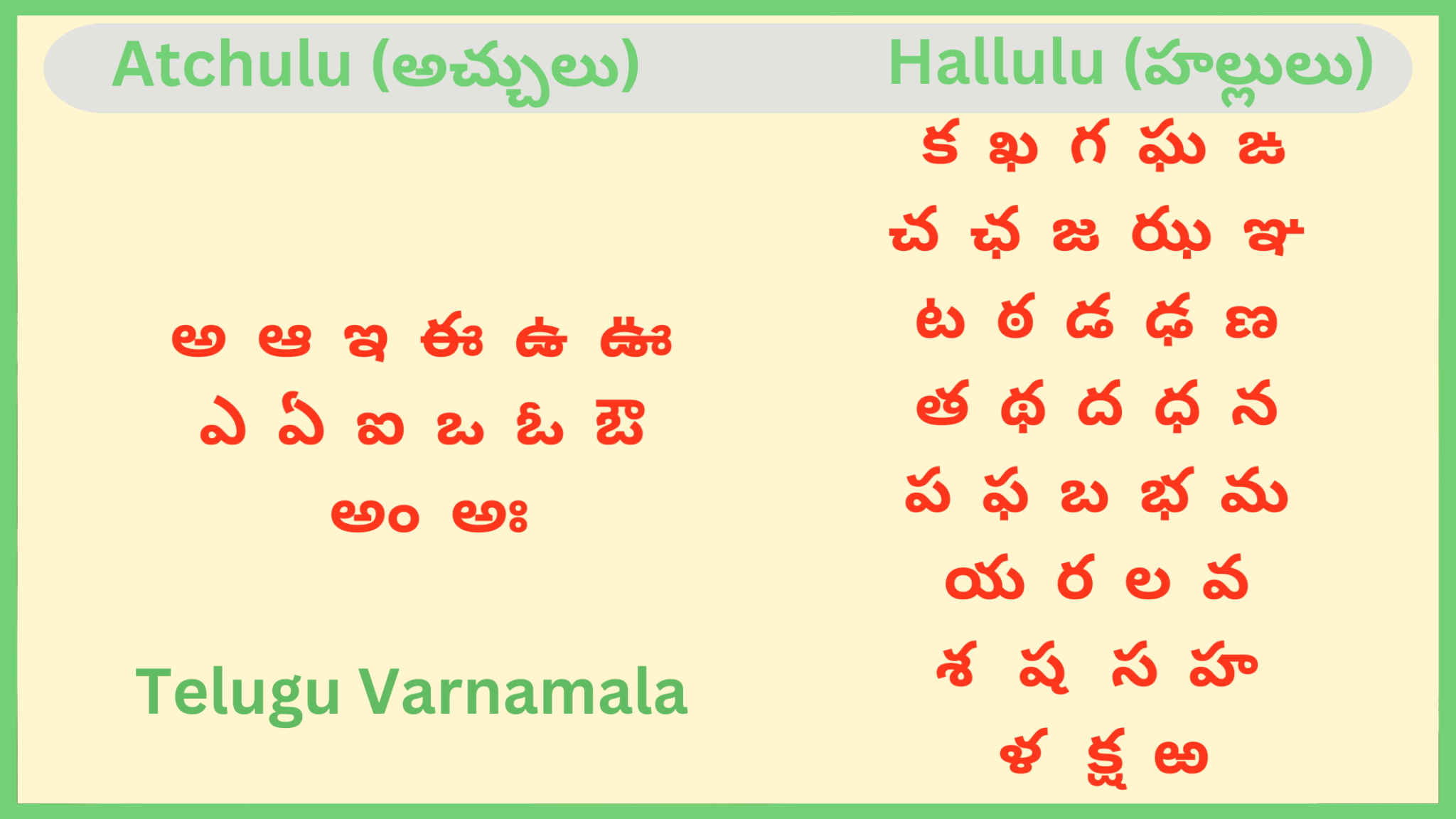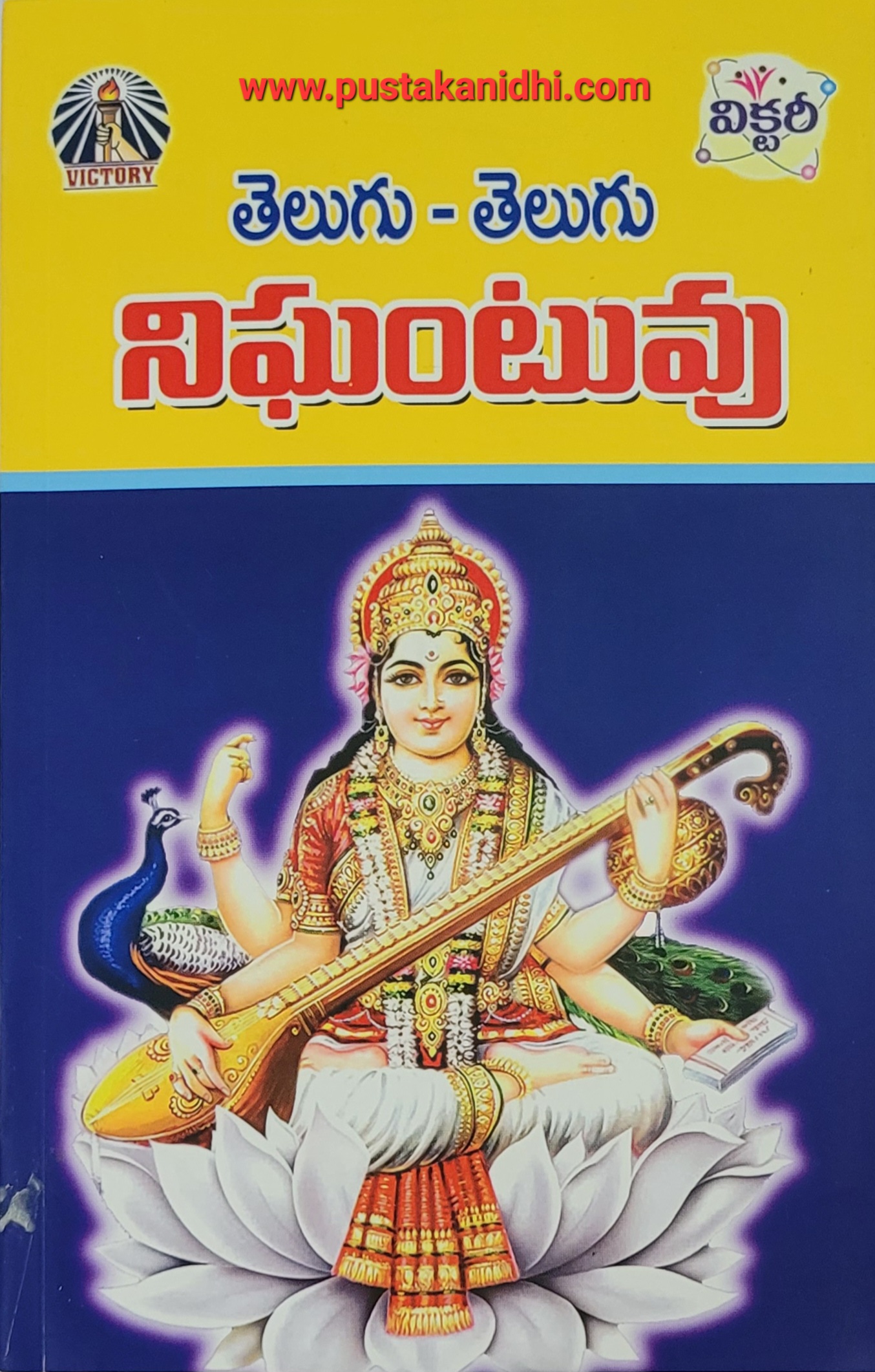Telugu is one of India's most widely spoken languages, with a rich history and cultural significance that spans centuries. Known for its melodious tone and intricate script, Telugu continues to play a vital role in shaping the identity of its speakers. This article delves deep into the world of Telugu, exploring its origins, cultural importance, and modern-day relevance.
Telugu holds a special place in the hearts of millions of people across the globe. As the official language of Andhra Pradesh and Telangana, it serves as a unifying force for communities, bridging gaps and fostering cultural harmony. Its influence extends beyond India, with Telugu-speaking populations thriving in various parts of the world.
This comprehensive guide aims to provide an in-depth understanding of Telugu, covering its history, linguistic features, cultural contributions, and the evolving role it plays in today's globalized world. Whether you're a language enthusiast, a student, or simply curious about Telugu, this article offers valuable insights into one of India's most cherished languages.
Read also:Hdhub4u Movies Your Ultimate Destination For Highquality Entertainment
Table of Contents
- The History of Telugu
- Telugu Script and Writing System
- Telugu Dialects and Variations
- Telugu Literature and Literary Contributions
- Telugu in Culture and Tradition
- Telugu in Media and Entertainment
- Global Influence of Telugu
- Learning Telugu: Resources and Tips
- Technology and Telugu
- The Future of Telugu
The History of Telugu
The origins of Telugu trace back to ancient times, with its roots embedded in the Dravidian language family. Scholars believe that Telugu began to evolve as a distinct language around the 1st century BCE. Over the centuries, it absorbed influences from Sanskrit, Prakrit, and other languages, enriching its vocabulary and structure.
Early Inscriptions and Manuscripts
One of the earliest known inscriptions in Telugu dates back to the 6th century CE. These inscriptions provide valuable insights into the language's development during the early medieval period. The spread of Telugu literature and its patronage by various dynasties, such as the Chalukyas, Kakatiyas, and Vijayanagara Empire, contributed significantly to its growth and refinement.
According to research published in the Journal of Dravidian Studies, the classical period of Telugu literature (11th–16th centuries) marked a golden era, producing masterpieces that continue to inspire generations.
Telugu Script and Writing System
Telugu script is renowned for its elegance and complexity. It consists of 56 characters, including vowels, consonants, and conjunct forms. The script is written from left to right and is closely related to other South Indian scripts like Kannada and Malayalam.
Key Features of the Telugu Script
- Uses a combination of syllabic and alphabetic elements.
- Features unique vowel diacritics and consonant clusters.
- Supports a wide range of phonetic sounds, making it versatile for expressing nuances.
Learning the Telugu script requires practice and familiarity with its phonetic rules. Resources such as online tutorials and mobile applications have made the process more accessible to learners worldwide.
Read also:Hdhub4u 2024 Your Ultimate Guide To Streaming Highquality Movies
Telugu Dialects and Variations
Telugu boasts a rich diversity of dialects, each with its own distinct characteristics. These dialects are primarily influenced by regional, social, and historical factors. Some of the major Telugu dialects include:
- Andhra Pradesh dialects
- Telangana dialects
- Karnataka Telugu
- Coastal Telugu
Regional Influences on Dialects
Each dialect reflects the cultural and geographical nuances of its region. For instance, the Coastal Telugu dialect incorporates elements from neighboring languages like Tamil and Kannada, while the Telangana dialect exhibits influences from Urdu and Hindi due to historical interactions with the Deccan region.
Telugu Literature and Literary Contributions
Telugu literature is a treasure trove of poetry, prose, and drama. Renowned works such as Nannaya's Mahabharata, Tikkana's translations, and the epics of poets like Srinatha and Tenali Rama have left an indelible mark on Indian literary history.
Modern Telugu Literature
In the 20th century, Telugu literature embraced modern themes and styles, producing acclaimed authors like Sri Sri, Kanyasulkam, and Ravuri Bharadwaj. Their works explore social issues, human emotions, and philosophical questions, resonating with readers across generations.
Telugu in Culture and Tradition
Telugu culture is deeply intertwined with its language. Festivals like Ugadi, Sankranti, and Bonalu celebrate the linguistic heritage of the region. Traditional arts, including Kuchipudi dance and Burra Katha storytelling, often feature Telugu as their primary medium.
Language in Rituals and Ceremonies
In many Telugu-speaking households, rituals and ceremonies are conducted in the language, reinforcing its significance in daily life. Weddings, religious festivals, and cultural events often include Telugu chants, hymns, and speeches, preserving the language's sacred status.
Telugu in Media and Entertainment
The Telugu film industry, often referred to as Tollywood, is one of the largest in India. It produces hundreds of films annually, catering to a global audience. Telugu cinema has gained international recognition, with movies like Bahubali and Syeraa Narasimha Reddy earning critical acclaim.
Television and Digital Media
Television channels and digital platforms dedicated to Telugu content have expanded the language's reach. News channels, entertainment shows, and online streaming services offer diverse programming that appeals to Telugu-speaking audiences worldwide.
Global Influence of Telugu
Telugu's global influence extends beyond India, with significant Telugu-speaking communities in countries like the United States, the United Kingdom, and Australia. Educational institutions and cultural organizations worldwide promote the language through classes, workshops, and events.
Language Preservation Efforts
Efforts to preserve and promote Telugu include initiatives by governments, NGOs, and private organizations. Digital archives, language apps, and cultural exchange programs aim to ensure the language's survival for future generations.
Learning Telugu: Resources and Tips
For those interested in learning Telugu, numerous resources are available. Online courses, mobile apps, and language exchange programs provide flexible options for learners. Tips for mastering Telugu include practicing pronunciation, immersing oneself in Telugu media, and engaging with native speakers.
Common Challenges for Learners
Beginners often face challenges with the script, grammar, and vocabulary. However, with dedication and the right resources, these obstacles can be overcome. Consistent practice and exposure to authentic materials are key to achieving fluency.
Technology and Telugu
Advancements in technology have revolutionized the way Telugu is used and accessed. Speech recognition software, machine translation tools, and digital libraries have made the language more accessible to users worldwide. Social media platforms and messaging apps also support Telugu, enabling global communication.
AI and Natural Language Processing
Research in AI and natural language processing continues to enhance Telugu's digital presence. Innovations in these fields promise to improve accessibility, translation accuracy, and user experience for Telugu speakers.
The Future of Telugu
Looking ahead, Telugu is poised to thrive in an increasingly interconnected world. Its rich heritage, vibrant culture, and global appeal position it as a language of the future. Continued efforts in education, technology, and cultural promotion will ensure its relevance and growth.
Call to Action
As you explore the world of Telugu, we invite you to share your thoughts and experiences in the comments below. Engage with our community, explore related articles, and help us celebrate the beauty and significance of this remarkable language. Together, we can contribute to its preservation and promotion for generations to come.
In conclusion, Telugu stands as a testament to the enduring power of language to shape identity, culture, and community. By understanding its history, appreciating its contributions, and embracing its future, we honor the legacy of millions who have spoken and cherished this language throughout the ages.


